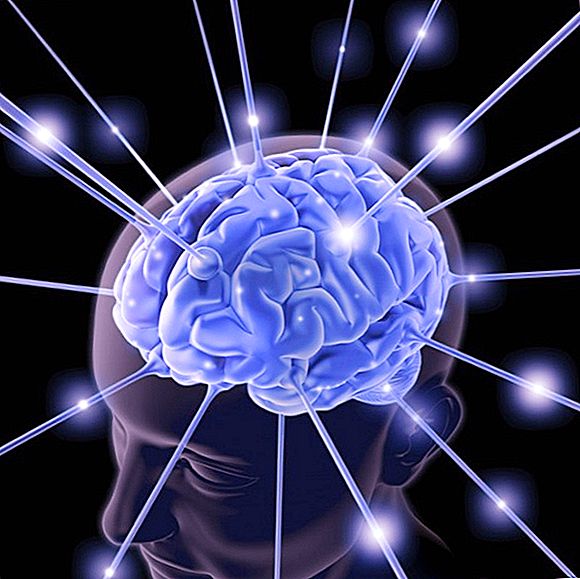Under "consciousness" in modern psychology it is customary to understand such a way of displaying objective reality in the human psyche, in which the experience of the socio-historical practice of mankind serves as a connecting, indirect link.

Instruction manual
one
Consciousness is the highest form of the psyche and, according to K. Marx, "the result of the socio-historical conditions of the formation of a person in labor activity, with constant communication with other people", i.e. "public product."
2
The way of existence of consciousness, as can be seen from the meaning of the word, is knowledge, the constituent parts of which are cognitive processes such as:
- sensation;
- perception;
- memory;
- imagination;
- thinking.
3
Another component of consciousness is self-awareness, the ability to distinguish between subject and object. Self-knowledge inherent only to man also belongs to this category.
4
Consciousness, according to K. Marx, is impossible without awareness of the goals of any activity, and the impossibility of carrying out purposeful activity seems to be a violation of consciousness.
5
The last component of consciousness is considered to be human emotions, manifested in the assessment of both social and interpersonal relationships. So, a disorder of the emotional sphere (hatred of a previously beloved person) can serve as an indicator of impaired consciousness.
6
Other schools offer their concepts of the category of consciousness, converging in the assessment of consciousness as a process of displaying reality by perception organs and the realization of its components (sensations, representations and feelings) at the level of apperception, but diverging in the future:
- structuralists - derive the nature of consciousness from consciousness itself, trying to identify the basic elements, but are faced with the problem of the initial position of the carrier of consciousness already at the level of definition;
- functionalists - tried to consider consciousness as a biological function of the body and came to the conclusion about the non-existence, "fiction" of consciousness (W. James);
- gestalt-psychology - considers consciousness as the result of complex transformations according to the laws of gestalt, but cannot explain the independent activity of consciousness (K. Levin);
- activity approach - does not separate consciousness and activity, because cannot isolate results (skills, conditions, etc.) from prerequisites (goals, motives);
- psychoanalysis - considers consciousness as a product of the unconscious, crowding out conflicting elements into the realm of consciousness;
- humanistic psychology - could not create an intelligible concept of consciousness ("Consciousness is that which it is not, and that is not that" - J.P. Sartre);
- cognitive psychology - considers consciousness as part of the logic of the process of cognition, not including this category in specific schemes of cognitive processes;
- cultural-historical psychology - defines consciousness as the main condition and means of mastering oneself, believing thinking and affect as parts of human consciousness (L.S. Vygotsky).
- Consciousness
- Concept of consciousness
- Consciousness in Psychology
